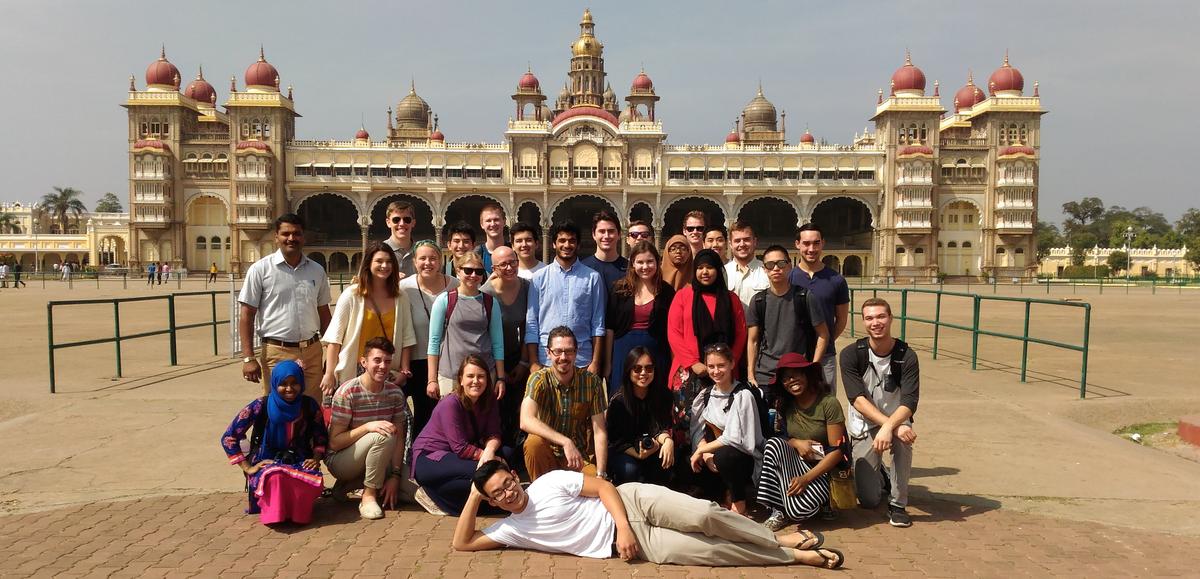Go Outside Your Comfort Zone...But Stay Within Your Ethical Zone
Learning abroad offers students unique opportunities to grow in cultural and self-awareness. For you as a student, study abroad provides a chance to step outside your comfort zone, and learn how to live and learn in a different culture, with people who see the world differently.
Why Study Abroad?
Learning abroad provides ample opportunity to grow and learn about how to deal with ambiguity and learning to make decisions with limited information. Why is this important for future health professionals? Because dealing with ambiguity is a part of daily work life. As a health professional, you must be able to make decisions in a fast-paced environment and time-sensitive environment, with limited information.
Additionally, we continue to live in a diverse society. The patients you will be caring for will come from the global community and places throughout the world. Understanding the perspective of others, as well as the cultural norms and traditions that influence their health and health practices, is essential to providing good care.
All students should consider spending some time abroad, whether it is a global seminar for three weeks or a semester or more abroad. While many students face the challenge of fitting in a learning abroad experience, it is important to try to find the time and space.
Note: Pre-health students do not need to go on a "health-related" study abroad trip to gain valuable experiences. The cultural experience itself has tremendous value. If you do study abroad, remember that you are there to learn and the learning is done through observation...not by providing untrained medical care.
Voluntourism? Stay Within Your Ethical Zone
Pre-med or pre-health students are often eager to gain skills and patient care experiences, and they may go abroad to do so. However, before embarking on an international trip for that unique patient-care experience, remember this rule of thumb all students should follow: "If you can't do it here, you shouldn't do it there." As an untrained, undergraduate student, it is unethical to provide direct medical care.
Think about the ethics of what you are doing now and how it can impact your future dreams. More and more admissions committees are judging students on their ability to make good, ethical decisions. Those ethical decisions start before you even submit your application to medical school or any health professional program.
